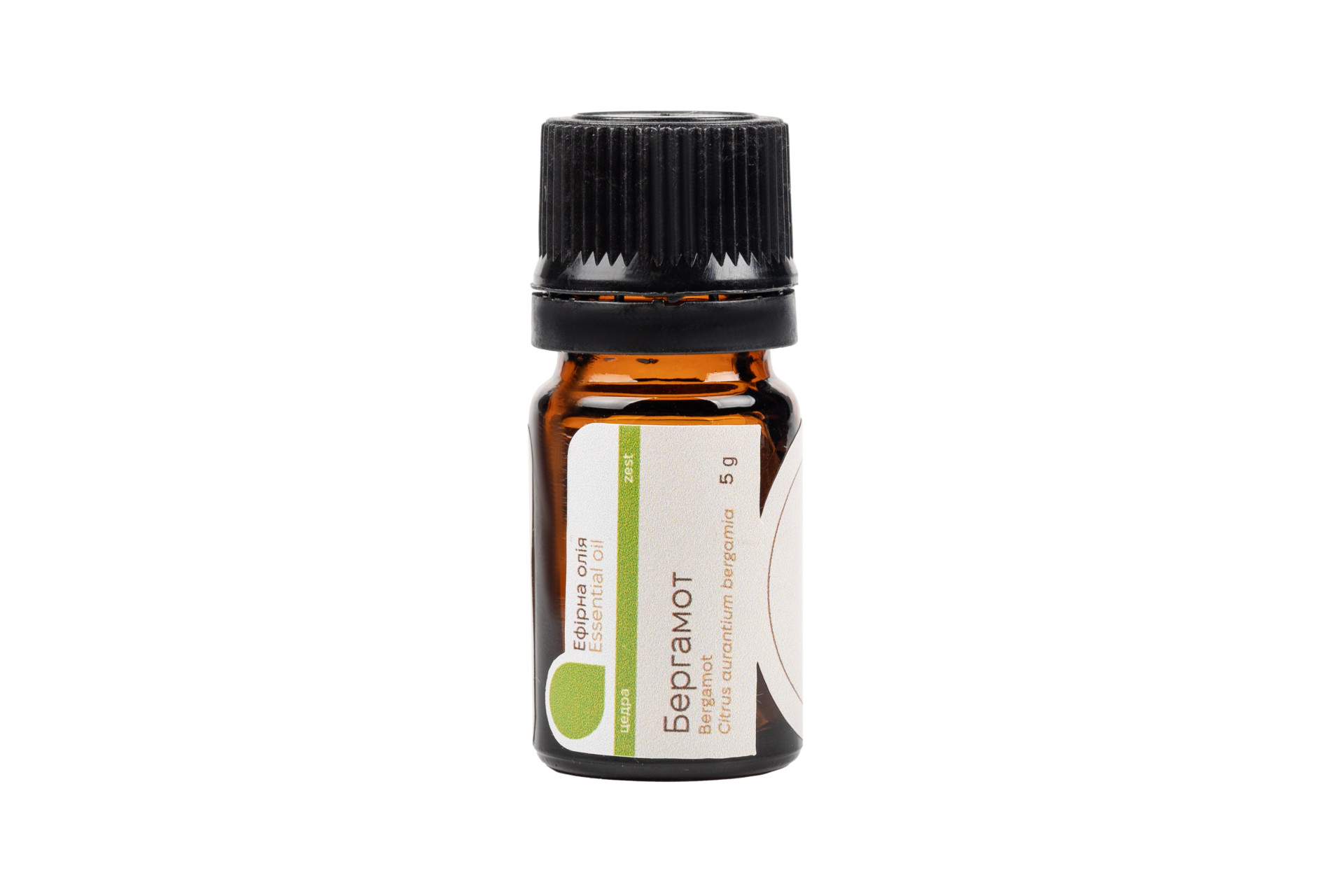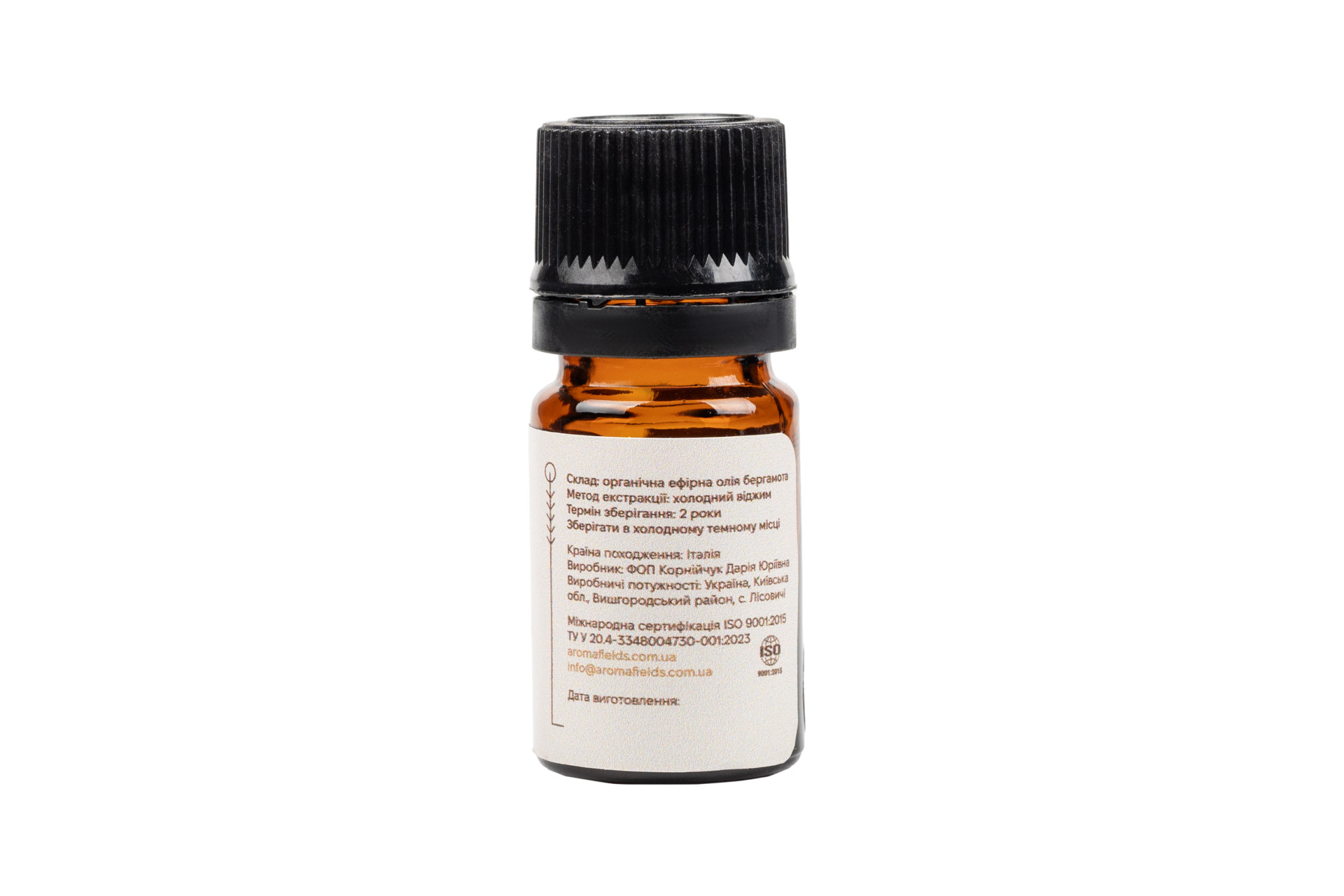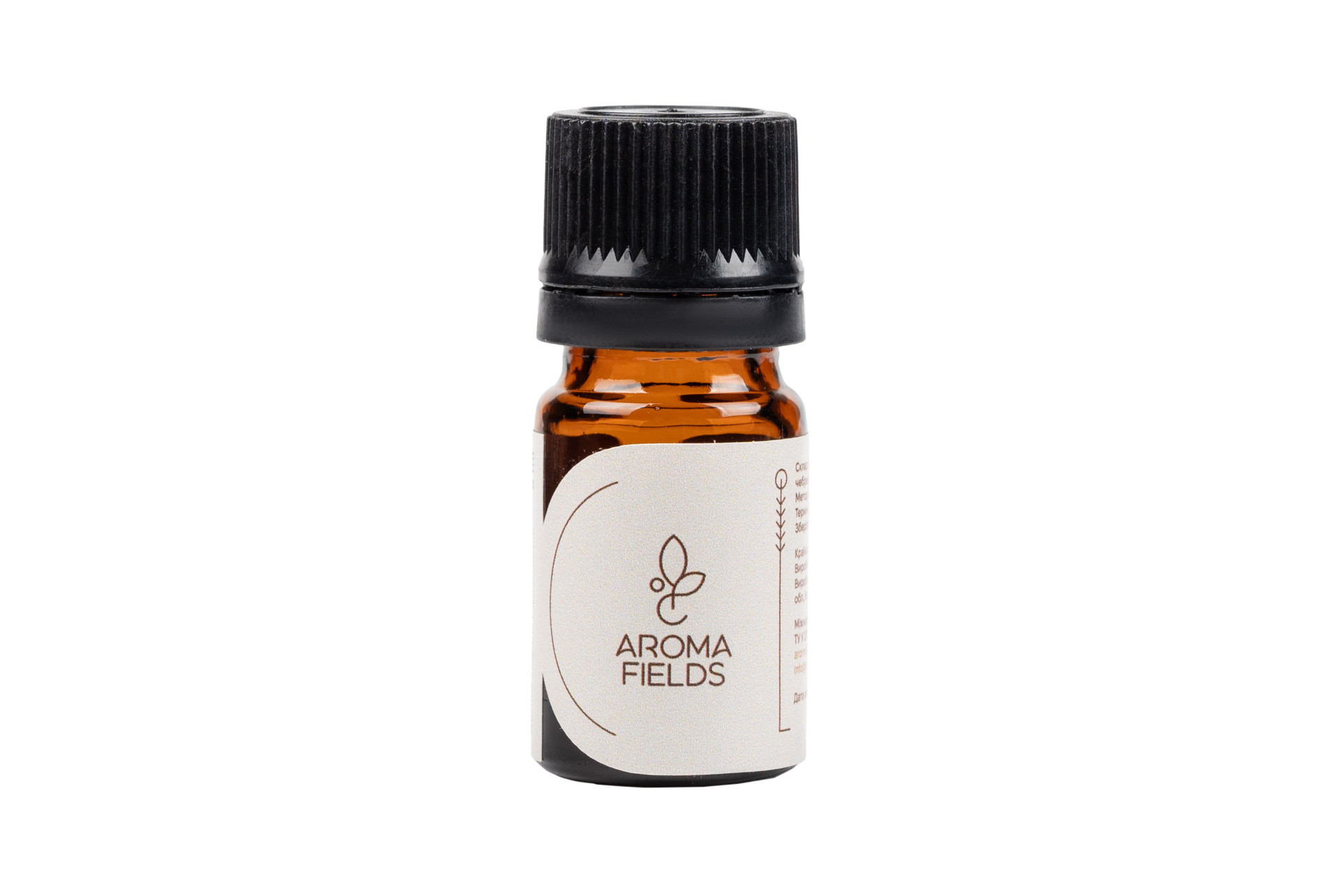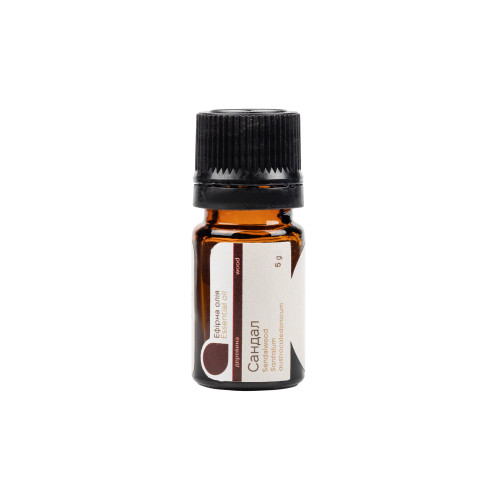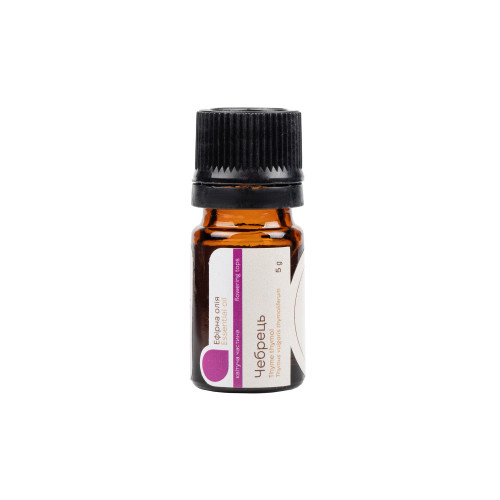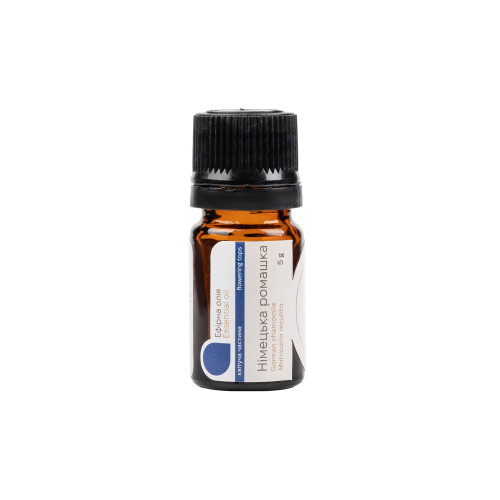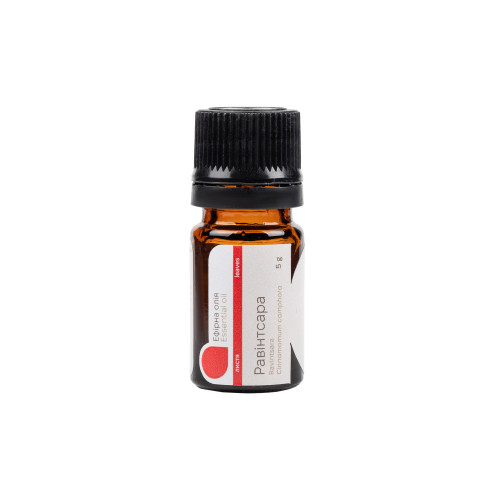Bergamot essential oil is therapeutic
-
590 UAH
In Stock
Bergamot essential oil harmonizes the psycho-emotional state. Burnout and depression are its main profile. It calms and uplifts the mood at the same time. Bergamot oil is an autonomic nervous regulator, suitable for the treatment of stress-related conditions. It has a selective affinity for the upper intestine and the intestinal "nervous system", it is recommended for stress-related disorders in the upper digestive tract and gallbladder, which require simultaneous relaxation and stimulation.
- Antidepressant
- Sedative
- Anti-inflammatory
- Antimycotic
- Antinociceptive
- Spasmodic
- Antiviral
- Anxiolytic
- Vitrogenic
- Herbal tonic
- Neoprotective
- Burnout
- Depression
- Stress
- Insomnia
- Digestive Disorder
- Lack of Appetite
- Dyspepsia
- PMS
- Acne
- Eczema
- Psoriasis
- Vitiligo
- Oily Skin
- Herpes
- Dry or steam inhalation
- Passive diffusion with a nasal inhaler
- Active diffusion in a waterless therapeutic diffuser
- Bath for hands and feet diluted with honey and milk
- Rinse the mouth diluted with water and honey
- Cold or warm compresses
- Internal use in therapeutic doses according to indications
- Due to its bergapten content, bergamot essential oil is photosensitizing. Avoid sunlight for 24 hours after applying a bergamot essential oil mixture to the skin. To avoid phototoxicity, do not apply bergamot essential oil to the skin before sun exposure and use in a carrier oil mixture at a maximum essential oil concentration of 0.4% or lower.
- For external skin use requires dilution in a base
- Do not heat essential oil for diffusion, use only a waterless diffuser to spray essential oils
- It is not recommended to use essential oils for children, pregnant and nursing women, the elderly or people suffering from chronic diseases without consulting a specialist
- It is not recommended to use internally without consulting a specialist
- Do not use essential oil for intravenous or intramuscular injections
- Do not apply essential oils directly to mucous membranes
- Do not drip essential oils into the nose, eyes, ear canal
- For people with a tendency to allergies or high sensitivity, conduct a patch test before use
Plant: Bergamot / Citrus aurantium bergamia
Ingredients: 100% organic and therapeutic bergamot essential oil
Country of origin: Italy
Extraction method: Cold pressing
Part of the plant: zest
Aroma: fresh, citrus, with soft floral-green notes and a subtle hint of spice
Expiration date: 2 years
Storage conditions: in a cool, dark place at a temperature not exceeding +25°C. Avoid direct sunlight and warm/hot surfaces. Do not expose to oxidation and air
Bergamot essential oil harmonizes the psycho-emotional state. Burnout and depression are its main profile. It calms and uplifts the mood at the same time. Bergamot oil is an autonomic nervous regulator, suitable for the treatment of stress-related conditions. It has a selective affinity for the upper intestine and the intestinal "nervous system", it is recommended for stress-related disorders in the upper digestive tract and gallbladder, which require simultaneous relaxation and stimulation.
Natural Bergamot Essential Oil
Organic Bergamot Essential Oil is made from the fruit grown primarily in southern Italy.
Bringing their advanced agricultural skills with them, the Arabs established large citrus plantations in Malta and Sicily in the early 10th century. They brought lemon, various oranges, and other citrus fruits to these islands. The hybridization of the bitter orange and the Persian citron that created the bergamot orange was their special gift to the region and the West. The name Bergamot may also come from the now-defunct Sicilian Arabic language. Its oil has long been the most classic of all cold-pressed citrus oils from the sun-drenched climates of southern Italy. Without it, perfumery, aromatherapy and Earl Grey tea would not be what they are.
Bergamot oil has always been considered to be a wonderful relaxant, refresher and uplifter. With its subtle, fresh citrus notes interwoven with sweet fruit notes, bergamot, when inhaled, relieves tension and helps overcome any emotional frustration.
However, this oil also has a restorative and invigorating effect, which can be useful in conditions such as negative thinking, mild depression. Bergamot can promote optimism and create the basis for true emotional transformation.
Bergamot oil can certainly be considered harmonious. Bergamot “helps to close the gap between mind, body and emotions” (Pollard 2011) and is useful for strengthening the integration between thinking and feeling in conditions of general conflict. Bergamot essential oil is one of the few autonomic nervous regulators. Therefore, bergamot is ideal for treating stress-related conditions. Since bergamot has a selective affinity for the upper intestine and, therefore, the enteric nervous system, it should be used for all stress-related disorders related to the upper digestive tract and gallbladder, which require simultaneous relaxation and stimulation. Bergamot can act as a gastrobiliary stimulant and an antispasmodic relaxant at the same time, especially when taken orally.
Bergamot essential oil helps us to let go of preconceived ideas, obsessions and thoughts. Bergamot seems to rewire the brain, closing the habitual pathways of response to brain stimuli. In this regard, bergamot can be very useful for getting rid of any bad habits, as well as for treating addictions in general.
Bergamot helps us to always be open, curious and surprised by every moment of life. As a light-filled refreshing remedy for the mind and soul, bergamot simply encourages us to feel life balanced, to accept each moment exactly as it is, without prior expectations.
You can buy bergamot essential oil on our website or in direct message on our Instagram account.
Related Products
2 990 UAH
2 590 UAH
1 490 UAH
1 490 UAH
690 UAH

